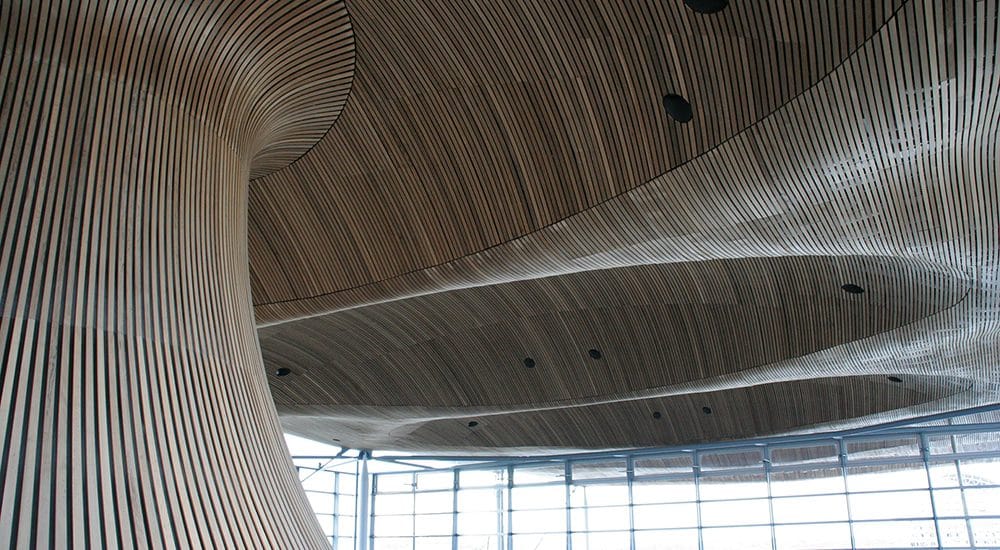- 13/03/2017
- Posted by: Ken Skates MS
- Category: News

At least 12,000 council houses in North East Wales have been lost to the private sector through the ‘damaging’ Right to Buy scheme.
First Minister Carwyn Jones recently announced Right to Buy will be suspended in Flintshire to help ensure social housing is available for those who need it. Today, the Welsh Government proposed new legislation to abolish the programme altogether.
Between 1996 and 2016, more than 1,600 council houses were sold in Flintshire – many ending up in the private rented sector – and new figures have now revealed a further 10,631 homes have been lost in Wrexham (6,069) and Denbighshire (4,562*).
Ken Skates AM, who obtained the figures, said: “Margaret Thatcher’s Right to Buy policy has resulted in a huge reduction in social housing stock, with research showing that many end up in the private rented sector and costing local people more. I am proud that the Welsh Government is moving to protect social housing in Clwyd South.
“This damaging policy has depleted our housing stock and forced many vulnerable people to either wait much longer for a home or pay more to private landlords.
“I was pleased when the Welsh Government suspended the programme in Flintshire and I know Denbighshire County Council has also applied to suspend it to help deal with the pressure their social housing stock is facing and to ensure that homes are available to the people who need them most.
“To address the issue long term, we have now proposed legislation to abolish Right to Buy to support the Welsh Government’s aim of a more prosperous and fairer Wales.”
Right to Buy, introduced by Margaret Thatcher’s Conservative Government in 1980, allows social housing tenants across the UK to buy their council or housing association property at a discount. If passed, the new Welsh Government legislation will end these rights, protecting social housing stock throughout Wales being further depleted.
Ahead of the Bill’s introduction, Communities Secretary Carl Sargeant said sales under the scheme is equivalent to 45% of the country’s social housing stock in 1981.
———-
*The Denbighshire figures includes pre-1981 sales, which it is believed were a scheme for council employees. The Denbighshire data from 1981-1996 only includes Rhuddlan Borough, as Glyndwr data has been lost (although this is estimated to be over 1,500). Total sales for this period are 2,152 (plus the estimated 1,500). Since Denbighshire Council was formed in 1996, a further 910 properties have been sold, including nine since a bid to suspend the scheme was submitted in August.

